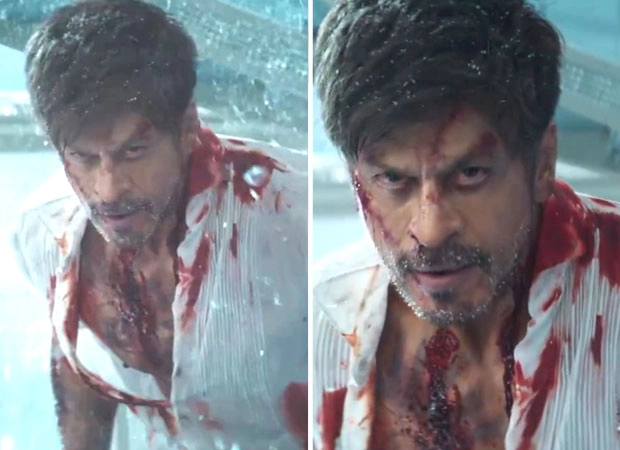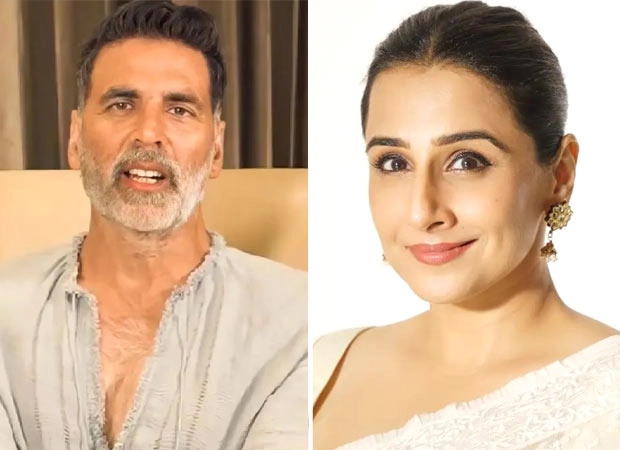The Bombay High Court has recently issued a significant ruling that has granted relief to actress Rhea Chakraborty by ordering the Anti-Drug Agency to return her passport. This decision marks a pivotal moment in Chakraborty’s legal battle, stemming from her involvement in a high-profile case related to the death of actor Sushant Singh Rajput. The court’s ruling not only highlights the importance of individual rights but also underscores the complexities involved in legal proceedings related to drug-related offenses in India.
Rhea Chakraborty had her passport confiscated as part of the investigations conducted by the Narcotics Control Bureau (NCB), which had been probing alleged drug use and distribution linked to the Bollywood industry. The withdrawal of her passport restricted her ability to travel, impacting her personal and professional life significantly. The court’s decision to return her passport is seen as a step towards restoring her freedoms, allowing her to plan her future endeavors without the legal constraints that previously encumbered her.
In the broader context, this ruling reflects the judiciary’s role in balancing the enforcement of laws against potential overreach by investigative agencies. The Bombay High Court’s intervention is a reminder of the importance of due process and protecting individual liberties, even in cases that attract significant public attention and scrutiny. As the legal landscape continues to evolve, this decision may set a precedent for how similar cases are handled in the future, particularly those involving personal freedoms in the face of serious allegations.
Rhea Chakraborty’s case has captivated public interest, particularly due to the media frenzy surrounding the circumstances of Sushant Singh Rajput’s untimely death. The complexities of the investigation and the subsequent trials faced by those involved have sparked widespread debates about mental health, drug use in the film industry, and the role of law enforcement. The Bombay High Court’s ruling, therefore, is not just a personal victory for Chakraborty; it is also a critical commentary on the intersection of celebrity culture, legal rights, and the responsibilities of the state in handling such sensitive cases. This ruling may pave the way for a more nuanced understanding of the legal processes in drug-related investigations and their implications for individual rights.




